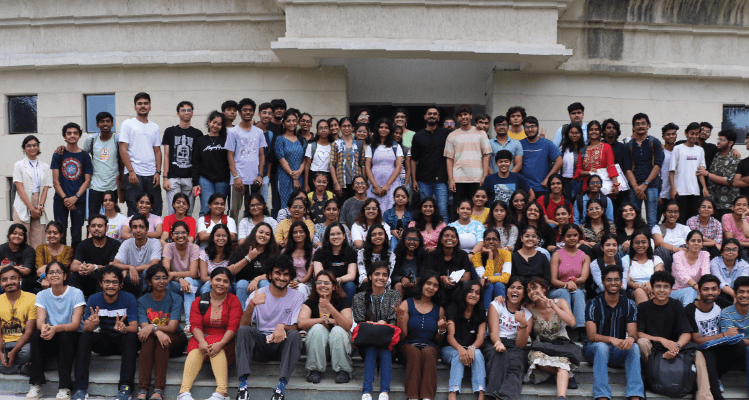Throughout history, the education model has been constantly evolving and harmoniously adopting means and methods to get a paradigm shift from the traditional education model. The new-age education model is imparting expressions to cultural, technological, and organizational changes globally. The changes create a distinct learning environment where students are empowered to deal with diversity and empower their knowledge and skills to combat real-world challenges.
The new learning model is interdisciplinary, integrative, and immersive to augment the higher education quality providing qualitative, relevant, and contemporary education. Additionally, the focus is on the blended education model to cater to the extensive spectrum of learners. This innovative framework enables students to explore and catalyze the era of creativity, innovation, and enterprise for the future with the required zeal, passion, and intent. The education framework that needs the intersection of innovative pedagogy approaches to create new-age education are as follows:
- Project-Based Learning
- Trans-disciplinary Learning
- Experiential Learning
- Blended Learning
Project-based pedagogy is an instructional methodology that encourages students to gain knowledge and skills through an engaging experience. It specifies learning as multi-disciplinary, rigorous, and student-centered to intensify critical thinking and problem-solving skills. It sharpens creative and analytical thinking by exposure to different aspects and requires students to perceive problems via a critical eye. Students work for an extended period to investigate and respond to authentic, engaging, and profound questions, problems, or challenges
Transdisciplinary learning is removing the boundaries of the core disciplines and integrating them to gain new insight into solving real-world problems rather than thinking within the disciplinary boundaries. For example, the mechanical engineering curriculum integrated with electronics and computer engineering to introduce mechatronics, now called Robotics.
Blended learning envisages seamless culmination of digital media with the traditional classroom methodology. It requires the presence of faculty and students with some elements of control over time, place, path, or pace. The blended learning approach is implemented in the professional development and training settings. Face-to-face driver, Rotation, Flex, Labs, Self-blend, and Online driver are distinct blended learning models suggested by some researchers and educationists.
Experiential Learning implies a student to be creative, curious, pose a question, do an experiment, solve problems, and assume responsibility. This is effectuated through significant laboratory components, fieldwork, internship, practical, project work, and volunteering. This kind of immersion provides an opportunity for learning by doing rather than memorizing equations and solving problems through number crunching.
The unique pedagogy is recommended by NEP 2020 (National Education Policy 2020) to liberalized regimes in the higher education system. It envisages a tectonic shift in the education system and universities, which have partially or fully transformed as Digital University. Avantika University embedded the unique pedagogy in its core teaching methodology to nurture and cultivate young minds, who will come out empowered and enlightened.
Kapila Gangele
